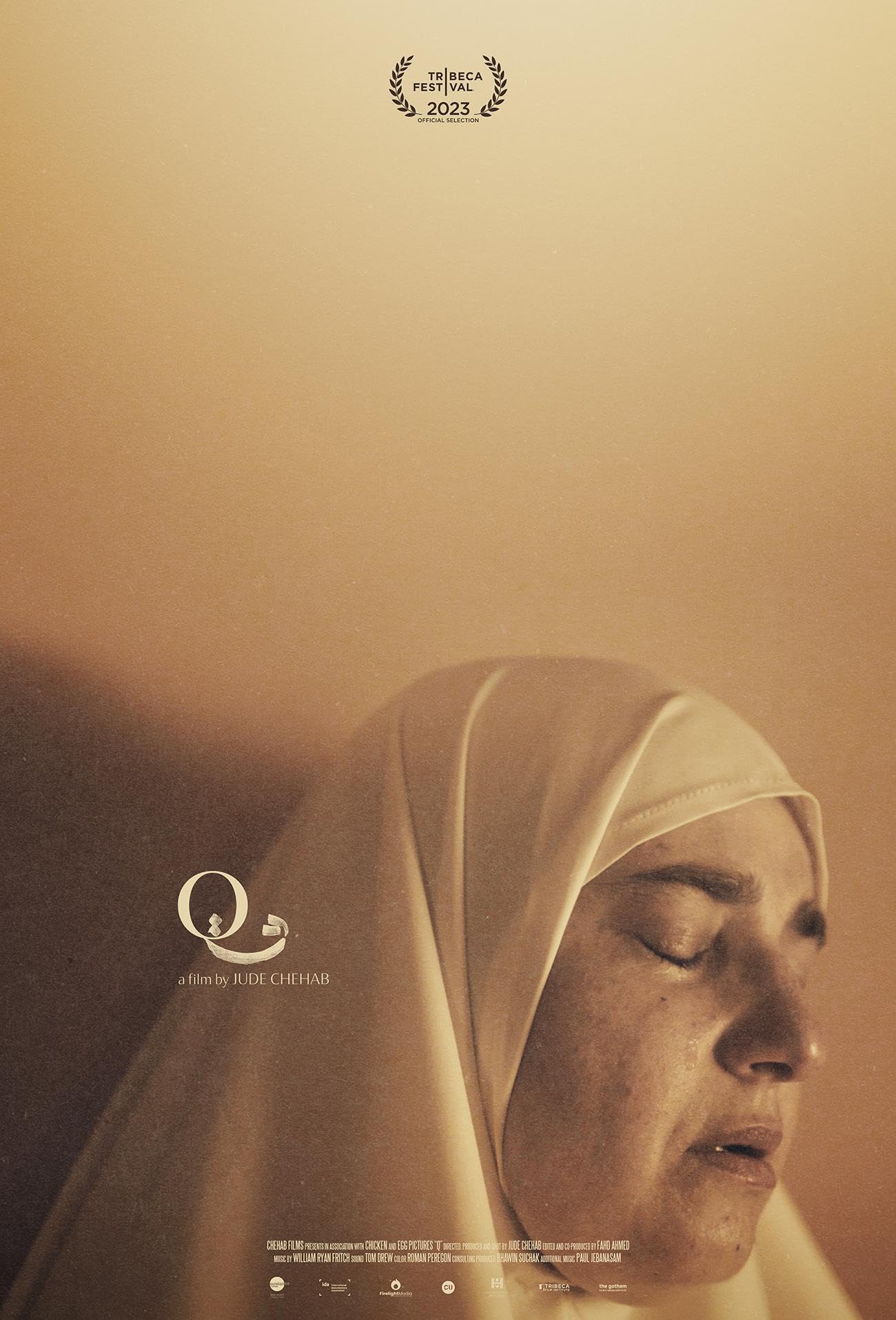我平时不怎么看纪录片,今天看了一部叫Q (2023)的纪录片,看完后被深深地触动。
这部纪录片由黎巴嫩裔美国导演Jude Chehab拍摄,讲述了她的祖母和母亲的故事,但主要是聚焦在母亲Hiba与她曾归属的一个全女性秘密团体Al-Qubaysiat的关系。外界可能会把这个团体认定为邪教,然而Chehab的影片并未以此为切入点,而是更注重呈现她的母亲Hiba与这个团体,特别是与团体创始人the Anisa之间的情感联系。
作为一个有过邪教经历的人,电影中提到的一些宗教因素也引起了我的共鸣。但最触动我的是电影里Hiba为学生朗读她曾写给the Anisa的这首诗。可惜我不会阿拉伯语,无法体会原文的情感,想必要比英文翻译更浓烈。
Oh the one who loved her,
I gift you the flower of my youth,
if you ask for my eyes, oh they are but gifts,
I give you my soul, my life, and all that I live for.
Oh one who captured my love,
be gentle with my sad heart
for the burning coal is the spring of my tears,
and insomnia has hurt my eyes.
By God forgive me and have mercy on a sad heart.
Oh one who captured my heart,
I sacrifice my life and soul to you.
For the night holds the secret to my tears,
and the night sings of your memory.
By God do not leave me be the prey of the arrows of your eyes.
Oh one who captured my drift,
I am the poisoner of your swarm.
Be the guide on my path,
I have lost my way through the fog.
By God do not deprive me
from a look of contentment or reproach.
This is my heart, a slave for you, a prisoner of love.
By God, do not burn it with a tear and a fight.
By God do not hurt it, do not hurt it,
it is hurt enough by the wounds of the arrows.
这首诗让我想起很久以前读到的Hildegard von Bingen的异象,她对于神之爱的描述也充斥着类似强烈的情感。每当读到这样的文字,我都会感受到是有一种爱可以超越世俗理解的。表面上看似是romantic love,实则是无法用浪漫来诠释的更崇高的爱。
然而,对于大多数普通人来说,想要给予这样的爱,往往意味着奉献自我,而这种奉献也并不一定是理智与健康的。
我又想起王尔德的《夜莺与玫瑰》,也许是我太爱这个故事了(毕竟这也是我博客的名字由来),不管是浪漫关系隐喻还是宗教隐喻,我都能明白那种甘愿奉献自己的精神。
